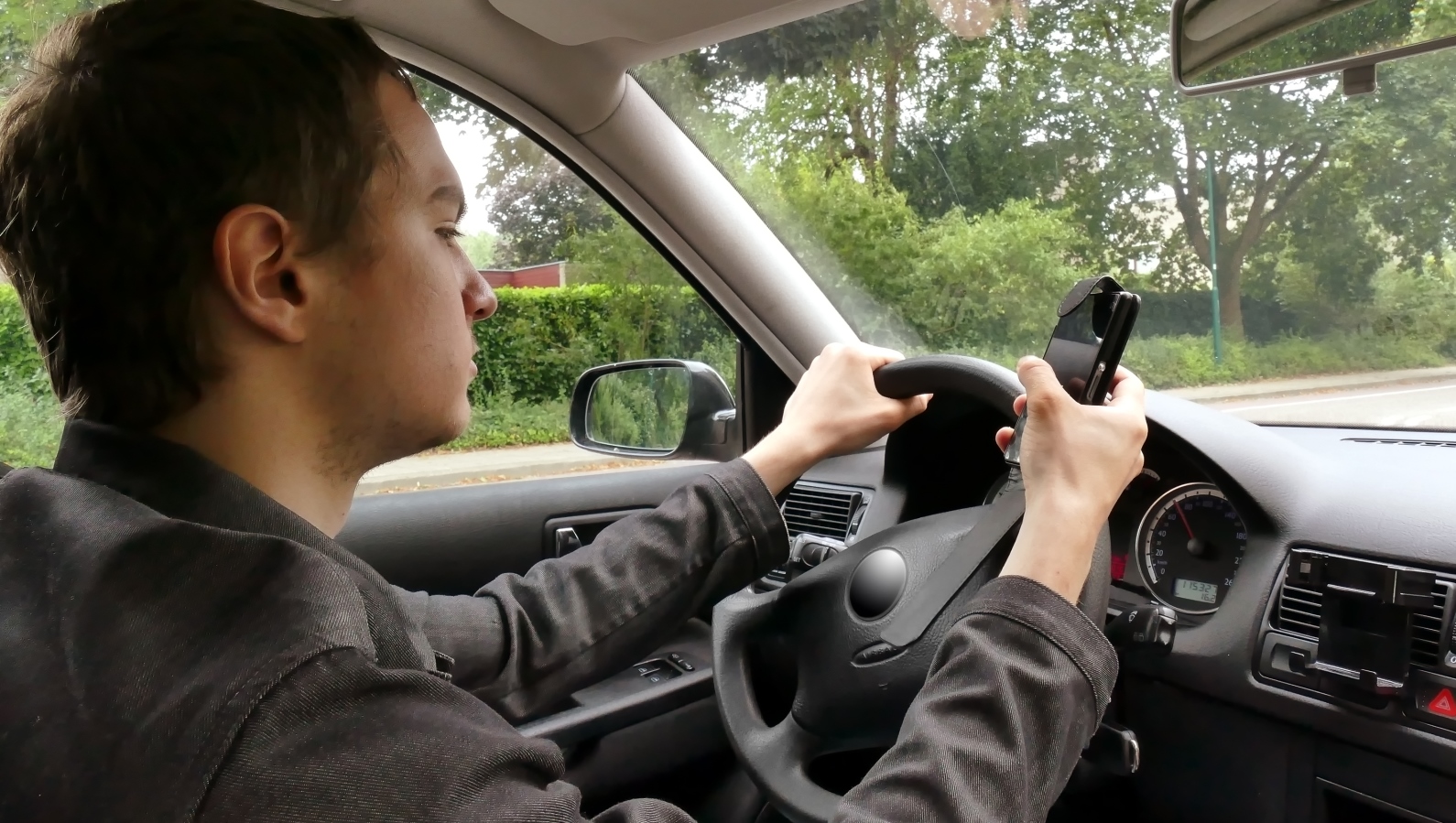It won’t come as any surprise that conflicts with colleagues can lead to a stressed-out work environment. But if that worker is a professional driver, those fights can turn deadly for others on the road.
That’s the take-away from a new study conducted at the University of Haifa. It found that “drivers who develop negative relationships [at work] may suffer from various covert and overt reactions, communication obstacles, limited access to information, and a lack of social influence promoting safety. Accordingly, they will find it harder to model safe behaviors.”
Past research into unsafe driving looked at demographic characteristics such as sex and age, personality and psychological conditions. But the research by Prof. Gil Luria and his doctoral student Renana Arizon-Peretz is the first to examine whether relations in the workplace directly influence driving safety.
Work-related traffic accidents account for 14 percent of all road injuries in Israel, and 90-95% of these accidents are caused by human error.
The Haifa University study, published in the journal Accident Analysis and Prevention, looked at 83 professional drivers and 30 assistant drivers belonging to four industrial organizations in Israel. The drivers’ average age was 39 and participants in the study had been working for an average of seven years.
The researchers didn’t ride along in the trucks. Rather they used a technology system called IVDR which uses computers and sensors installed in the vehicle.
Drivers who had more negative interaction with their peers tended to drive unsafely compared with drivers who had more friendships at work. However, most drivers were found to have both good and bad relationships with co-workers.
“We found that the positive relationships compensate for the negative ones, thereby moderating the link to unsafe behavior,” the researchers wrote.
Recruiting drivers with positive social abilities should play a more important role, the researchers added. And after the hire is made, management should pay attention to “the informal relationships in the team, addressing problematic relationships, and [promoting] friendship networks between teams.”
The bottom line: A friendly chat at the water cooler could make all the difference out on the roads.














